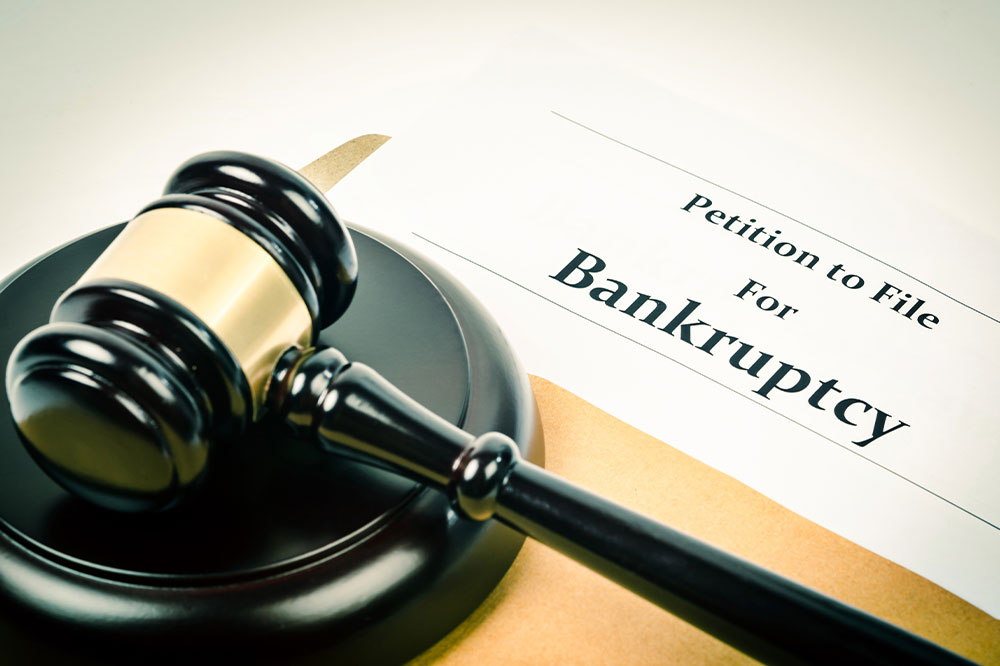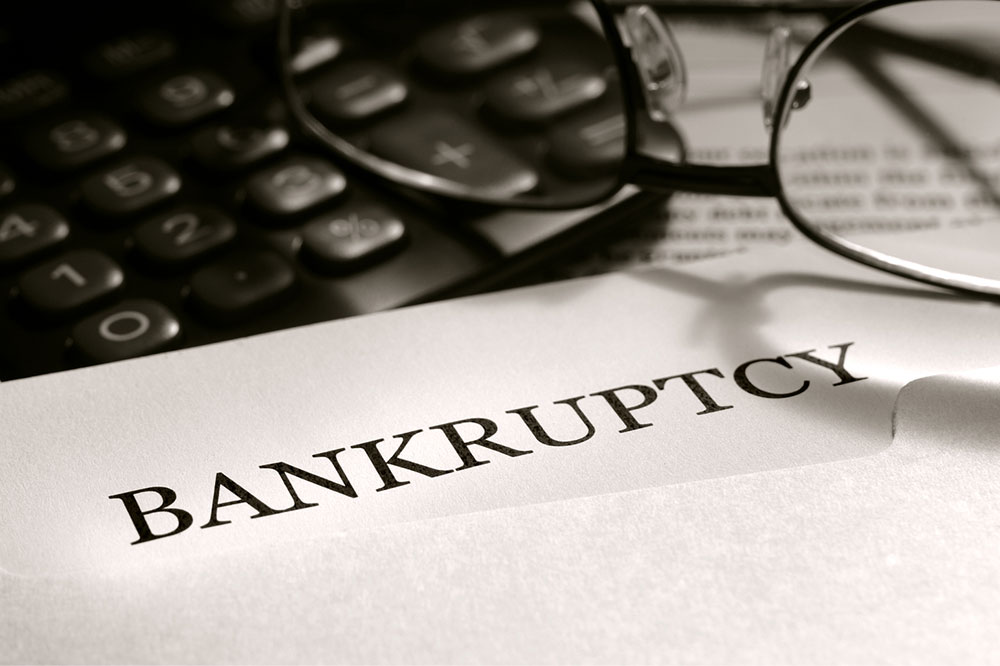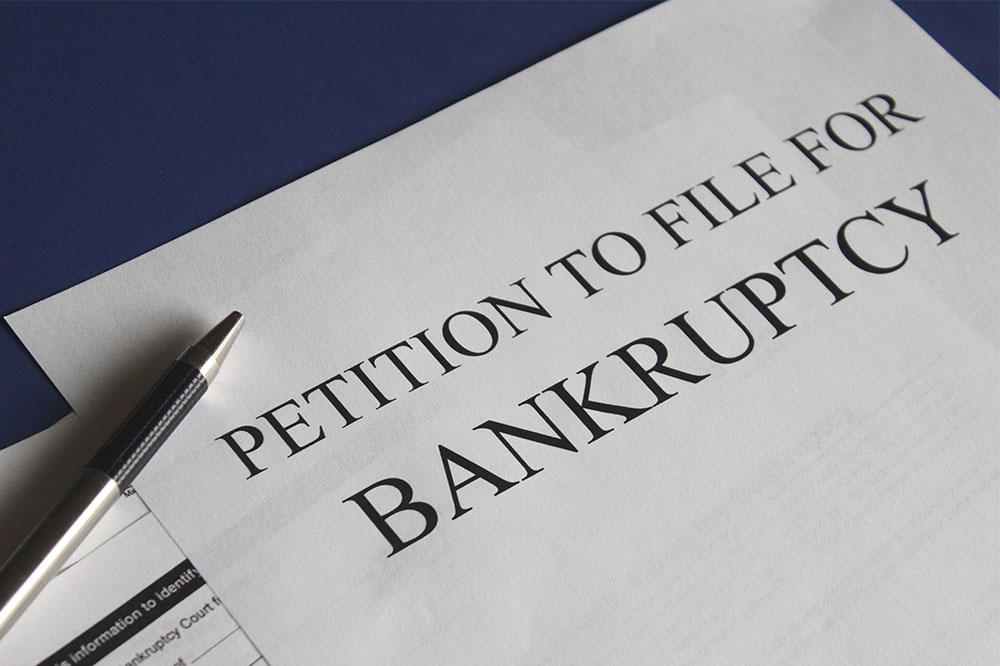Understanding Bankruptcy Costs: What You Need to Know Before Filing
Considering bankruptcy can provide debt relief but involves significant costs, including court and legal fees. It's vital to understand the different types of bankruptcy, associated expenses, and long-term credit impacts before making a decision. Proper research and expert guidance can help you navigate this complex process effectively.
Sponsored

If overwhelming debt is impacting your finances, filing for bankruptcy might be a viable option. It could offer relief by stopping collection efforts and, in some cases, eliminating your debts entirely.
However, it's crucial to thoroughly research before proceeding, as bankruptcy can incur higher costs than expected. Many debtors are surprised by the expenses involved, especially the fees associated with legal assistance and court proceedings.
The primary reason for elevated costs is legal fees. Filing for bankruptcy involves initial filing fees, which typically start around $240. Understanding the two main types of bankruptcy is key, as their costs and implications differ.
Chapter 7 Bankruptcy
This type allows debt elimination for eligible individuals with income below their state's median. The filing fee is approximately $245.
Chapter 13 Bankruptcy
Designed for individuals with a steady income, this plan lasts three to five years, enabling debtors to retain assets like their homes. The filing fee is about $235.
Additionally, credit counseling and education courses are required. These services often cost money but can sometimes be obtained free of charge through non-profit organizations. After filing, Chapter 13 debtors typically pay around 10% to the trustee managing repayment plans.
Attorney fees vary widely depending on case complexity, location, and required assistance, starting from around $800 and going up to $2000 or more.
Beyond direct costs, bankruptcy impacts credit reports for about ten years, affecting future loans and employment prospects. Weighing the benefits against these potential drawbacks is essential before proceeding.
Staying informed about personal finance options helps in making smart decisions. Follow us on Facebook and Twitter for the latest updates on investments and debt management.






